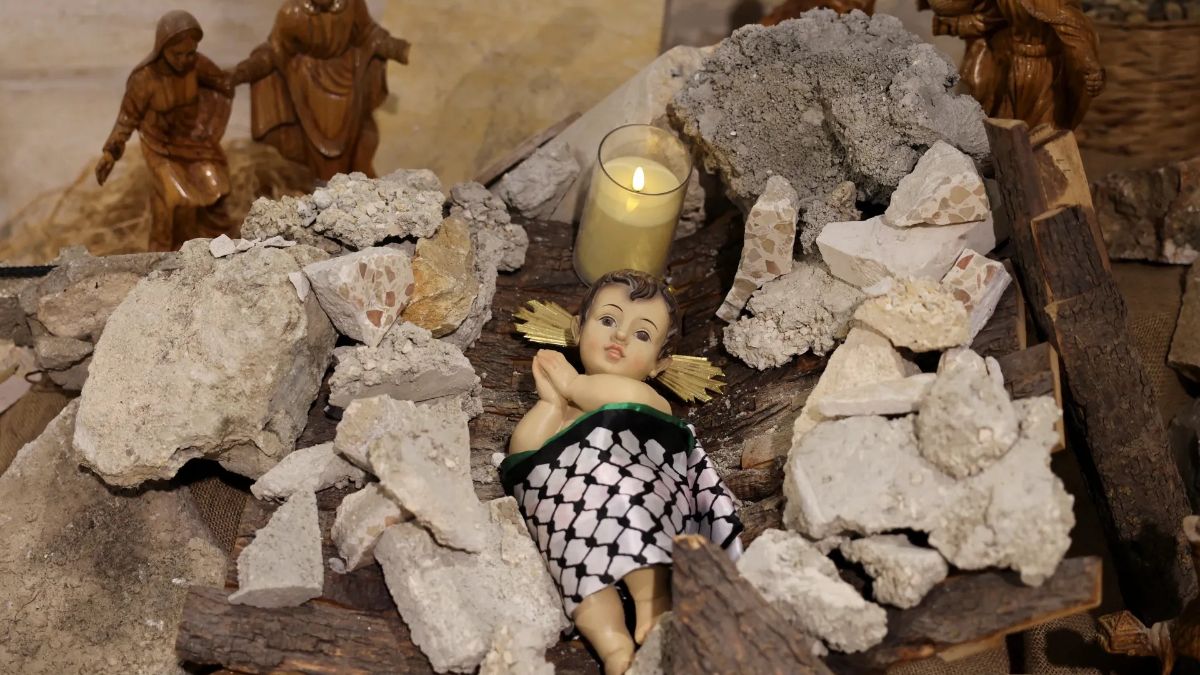Exorcising bad Religion
“What have you to do with us, Jesus of Nazareth? Have you come to destroy us? I know who you are, the Holy One of God.”
Mark 1:21-28
January 26, 2018, Words By: Kris Rocke, Image By: Photo by Aamir Mohd Khan
In this week’s passage Jesus casts out a demon in a synagogue. The religious authorities are “astounded” and “amazed” by Jesus’ authority, which is so different from their own. Later in Mark’s Gospel, Jesus casts out those who maintain the sacrificial system in the temple (Mark 11:15-18).
What are we to make of these two exorcisms that bookend the Gospel of Mark, both of which happen in holy places?
Jesus does not shy away from conflict in Mark’s Gospel. He turns and faces what most of us flee. In particular, he faces the religious leaders, who maintain the system that sorts people into clean and unclean. This makes the religious authorities nervous. And when religious authorities get nervous, something curious happens; unclean spirits appear.
Is this merely coincidence?
This may seem like a big leap, but what if the demon in this week’s text is the concrete manifestation of the collective spirit of the religious authorities? What if it’s their sin that’s on display? What if Jesus is freeing the man from the unclean spirit of the religious authorities that possess him? This may expand some of our theological frameworks, but it would explain why the religious authorities were so threatened by Jesus, even as they were astounded and amazed.
Debbie
A few years ago, there was a woman named Debbie who camped out on the doorstep at our office. She was a tormented soul. Some might call her unclean. When things got really bad, she could be heard screaming to a host of people who were visible only to her. She would go on endless tirades, cursing the world and herself. It was hard to listen to, let alone witness.
Clearly, Debbie had mental health issues. She was in need of long-term medical care. But I’ve also come to believe that she, (like so many others), is possessed by the sins of the broader community. In other words, she is the incarnation of our society’s sin. This is what happens to certain vulnerable souls whose spiritual immune system is unable to defend itself from society’s ills, usually because that immune system has been broken down by abuse, rejection and all manner of personal violence. They become the dumping ground of the community’s illness—the microscopic yet deadly pathogens of which the community itself is often unaware. They reflect our sickness, if we can only see it.
What if something like this is happening in this week’s passage? What if the unclean spirit Jesus is addressing is the hidden violence of the religious authorities, and the sacrificial system that keeps turning out a fresh supply of scapegoats?
In a Loud Voice…
One more thing.
When Jesus casts out the demon in the synagogue it “cries out with a loud voice.”
When Jesus is crucified on the cross his tormented body and soul convulses. He “cries out with a loud voice. ‘My God, My God why have you forsaken me?’” (Mark 15:34). This is precisely what those who have been demonized feel like, forsaken.
In the end it’s Jesus who is the victim of the violence he reveals. It is Jesus who is seen by the authorities as the unclean spirit, cast out from the community and cursed by God. Instead of returning violence for violence, Jesus occupies this space. He holds it, forgives it, exposes it for the world to see and puts an end to it through mercy.
I am hopeful, through this very same mercy, that one day we will see Debbie for who she really is—a child of God who has come to bless us, even while she bears the sins of our society in her body for all to see.
Lord have mercy.



